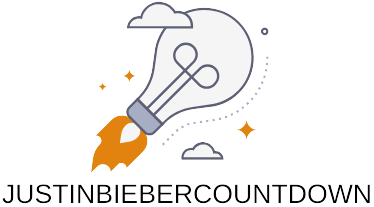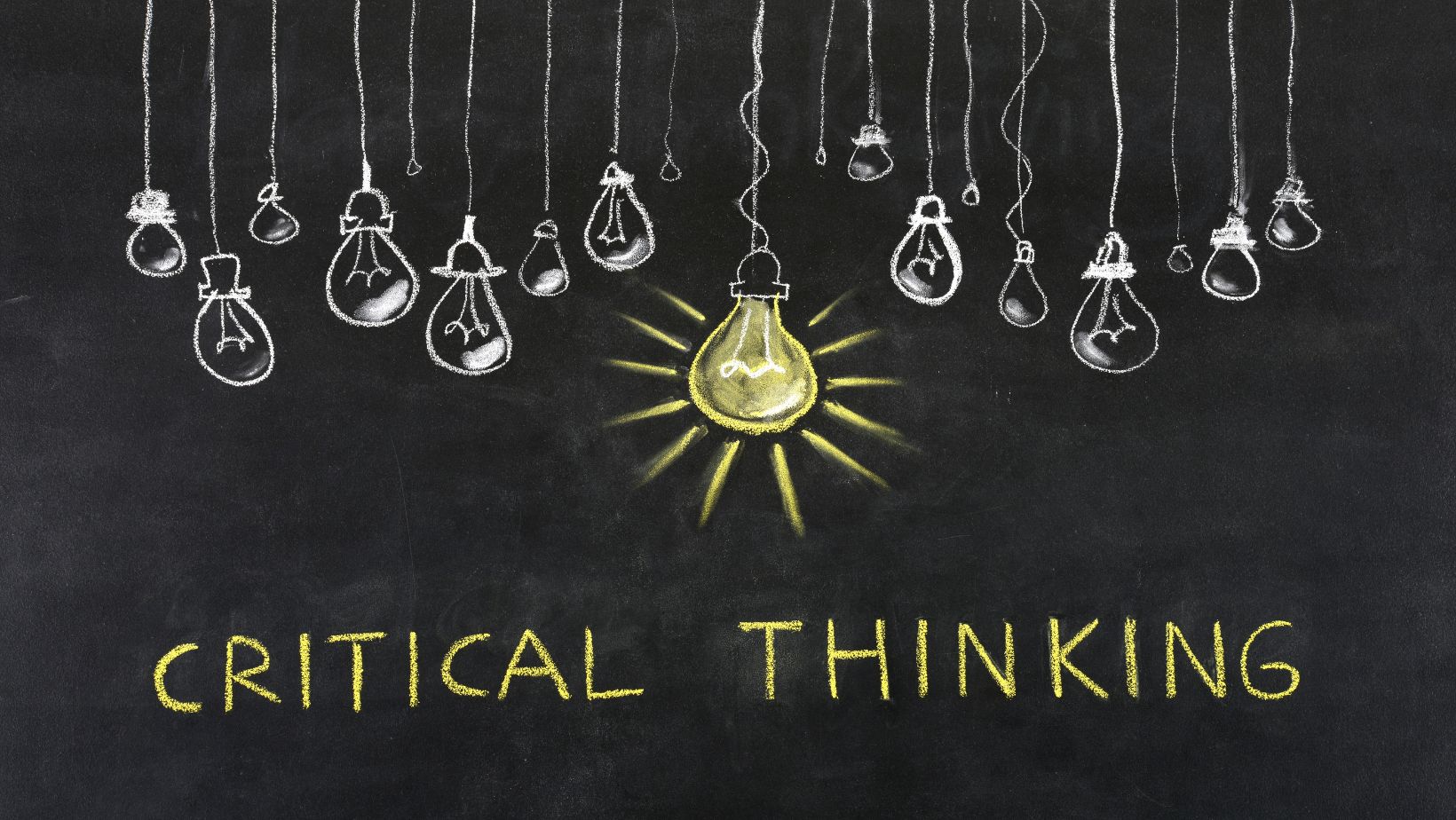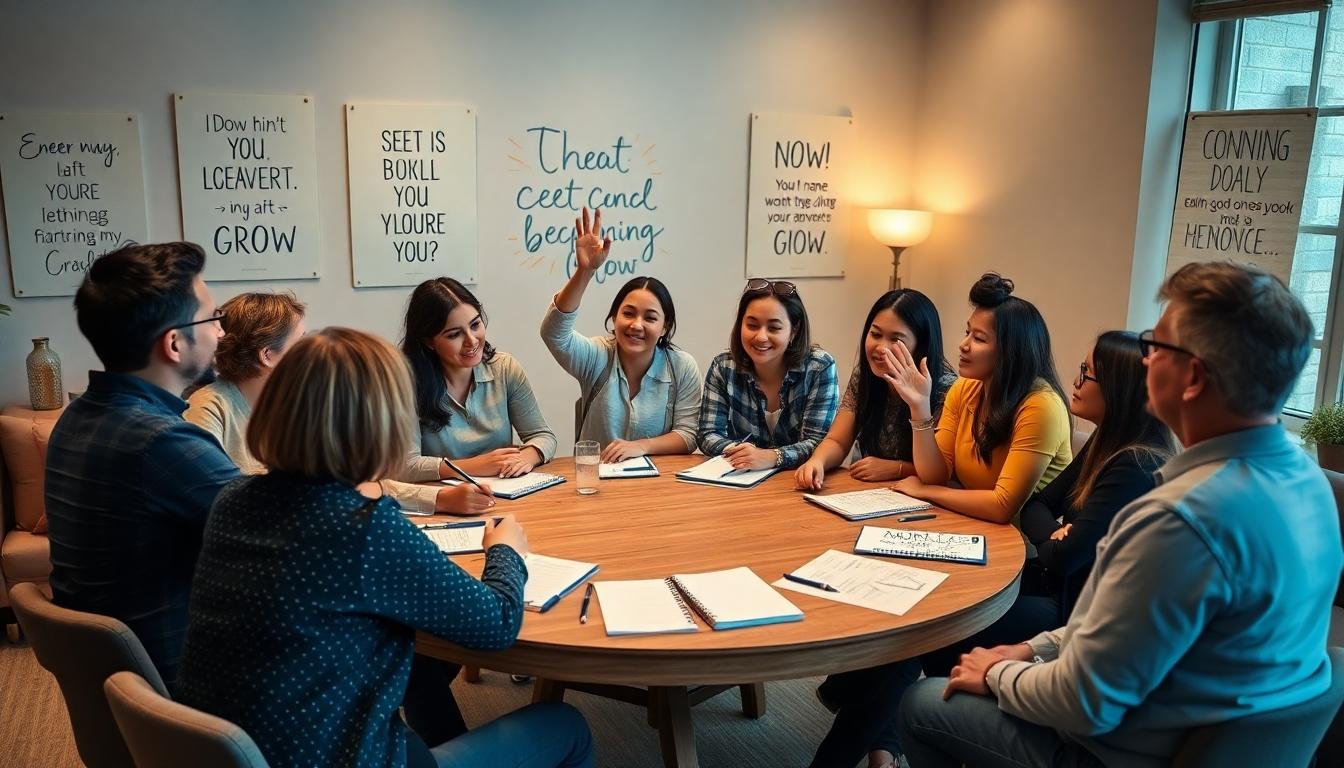Table of Contents
ToggleIn a world overflowing with information, mastering critical thinking isn’t just a nice-to-have; it’s a must-have. Imagine navigating life’s challenges with the clarity of a seasoned detective, piecing together clues while everyone else is still trying to find their glasses. Transforming one’s mindset can unlock a treasure chest of personal growth, and critical thinking is the key.
Understanding Critical Thinking Mastery
Critical thinking mastery involves the ability to analyze situations, draw conclusions, and make sound decisions. This skill plays a crucial role in achieving personal growth in an increasingly complex world.
Definition and Importance
Critical thinking refers to the process of evaluating information and arguments to form a reasoned judgment. Developing this skill holds importance for individuals facing information overload. The ability to dissect problems, identify biases, and assess evidence contributes to informed decision-making. Engaging in critical reasoning fosters independence and cultivates self-awareness. These traits empower individuals to confront challenges with confidence.
Key Components of Critical Thinking
Several key components define effective critical thinking. Firstly, analysis involves breaking down complex information into manageable parts. Next, interpretation focuses on understanding the meaning behind data and arguments. Evaluation requires assessing the credibility of sources and weighing evidence. Additionally, inference encompasses drawing logical conclusions from available information. Finally, reflection enables individuals to consider their thought processes and biases, promoting continuous improvement. Each component interacts, enhancing one’s overall critical thinking ability.
Transforming Your Mindset
Transforming a mindset is crucial for personal growth. It starts with recognizing limiting beliefs that hinder progress.
Identifying Limiting Beliefs
Identifying limiting beliefs involves examining thoughts that restrict potential. Individuals often hold on to negative perceptions formed by past experiences. Uncovering these beliefs requires introspection and honesty. For example, one might believe they aren’t capable of achieving a goal because of previous failures. Recognizing this mindset can pave the way for change. Acknowledging these limitations opens doors to new perspectives and opportunities. Through self-reflection, individuals confront these thoughts directly, reinforcing the ability to move beyond them.
Strategies for Mindset Shifts
Strategies for mindset shifts offer practical steps to cultivate a growth-oriented attitude. Embracing challenges instead of avoiding them fosters resilience. Developing a habit of questioning assumptions leads to deeper understanding. For instance, practicing mindfulness helps individuals remain present and aware of their thoughts. Setting specific goals creates a tangible path towards improvement. Engaging in continuous learning supports the expansion of perspectives. Surrounding oneself with positive influences boosts motivation and accountability. Each of these strategies contributes to building a mindset that embraces growth and personal development.
Tools and Techniques for Development
Mastering critical thinking requires consistent practice and engagement with specific tools and techniques. Developing critical thinking skills enhances personal growth and strengthens decision-making capabilities.
Critical Thinking Exercises
Individuals can engage in various critical thinking exercises. Analyzing case studies encourages deeper understanding of real-world scenarios. This analysis promotes application of reasoning and evaluation. Engaging in debates fosters the ability to consider multiple viewpoints and develop arguments. Playing strategy games challenges cognitive abilities and enhances problem-solving skills. Regularly asking open-ended questions stimulates discussion and critical analysis. Seeking feedback from peers also clarifies thought processes and encourages reflection. Each of these exercises builds essential critical thinking competencies necessary for personal development.
Reflective Practices for Growth
Reflective practices play a vital role in developing a growth mindset. Journaling offers a platform for self-expression, enabling individuals to explore thoughts and emotions. Mindful meditation enhances awareness of internal dialogues, fostering clearer thinking. Engaging in group discussions can provide alternative perspectives and insights. Participating in self-assessments allows for recognition of strengths and weaknesses. Creating a vision board can clarify personal goals, guiding critical thinking processes. Emphasizing these reflective practices nurtures a mindset oriented toward continuous learning and improvement.
Benefits of Mastering Critical Thinking
Mastering critical thinking brings numerous benefits that significantly enhance personal growth and decision-making abilities. These advantages foster a mindset conducive to continuous improvement.
Personal Growth and Self-Awareness
Personal growth often flourishes through heightened self-awareness. By evaluating thoughts and beliefs, individuals recognize how past experiences shape their current perceptions. This clarity enables them to identify limiting beliefs that impede progress. It also creates opportunities for developing new perspectives. Engaging in reflective practices like journaling leads to deeper insights about oneself. Continuous learning further amplifies this self-awareness, enabling individuals to adjust their responses to various situations more effectively. Overall, mastering critical thinking equips individuals with the tools to pursue self-improvement actively.
Enhanced Decision-Making Skills
Enhanced decision-making skills are a direct benefit of mastering critical thinking. Individuals learn to analyze information and arguments, fostering a structured approach to evaluating options. Differentiating between relevant data and noise empowers them to make informed decisions. Practicing critical thinking through exercises like debates or scenario analysis strengthens this skill set. Engaging in discussions encourages diverse viewpoints, expanding reasoning abilities. Each decision becomes a product of careful evaluation rather than impulse, leading to better outcomes. Mastering critical thinking ultimately transforms decision-making processes into strategies for success.
Mastering critical thinking is a powerful catalyst for personal growth. By transforming their mindset individuals can break free from limiting beliefs and embrace new perspectives. This journey not only enhances self-awareness but also sharpens decision-making skills essential for navigating life’s complexities.
Through consistent practice and reflection individuals gain the tools to evaluate information critically and make informed choices. Embracing challenges and engaging in continuous learning fosters a growth-oriented attitude that empowers individuals to confront obstacles with confidence. Ultimately the mastery of critical thinking paves the way for a fulfilling and successful personal development journey.






